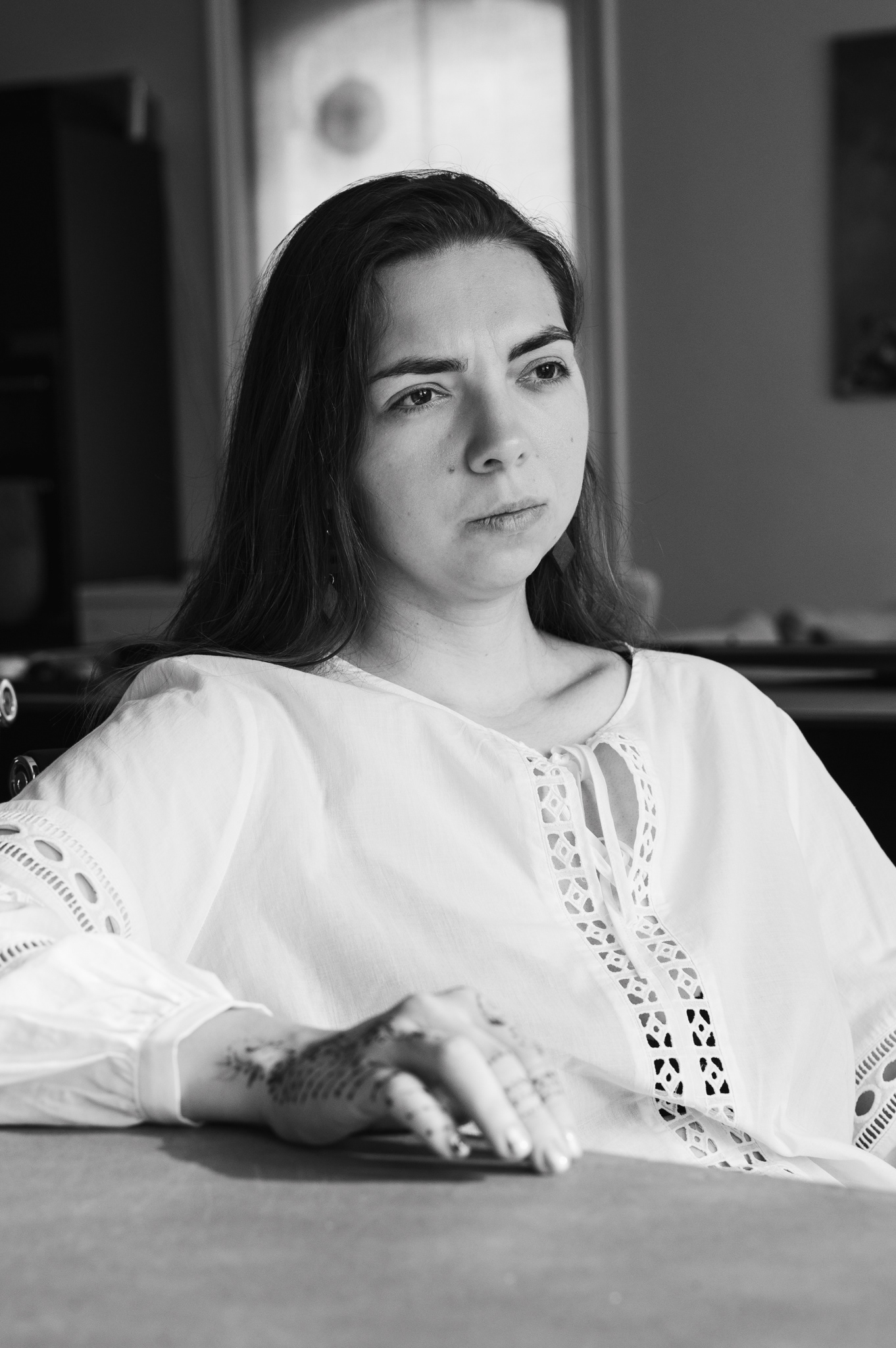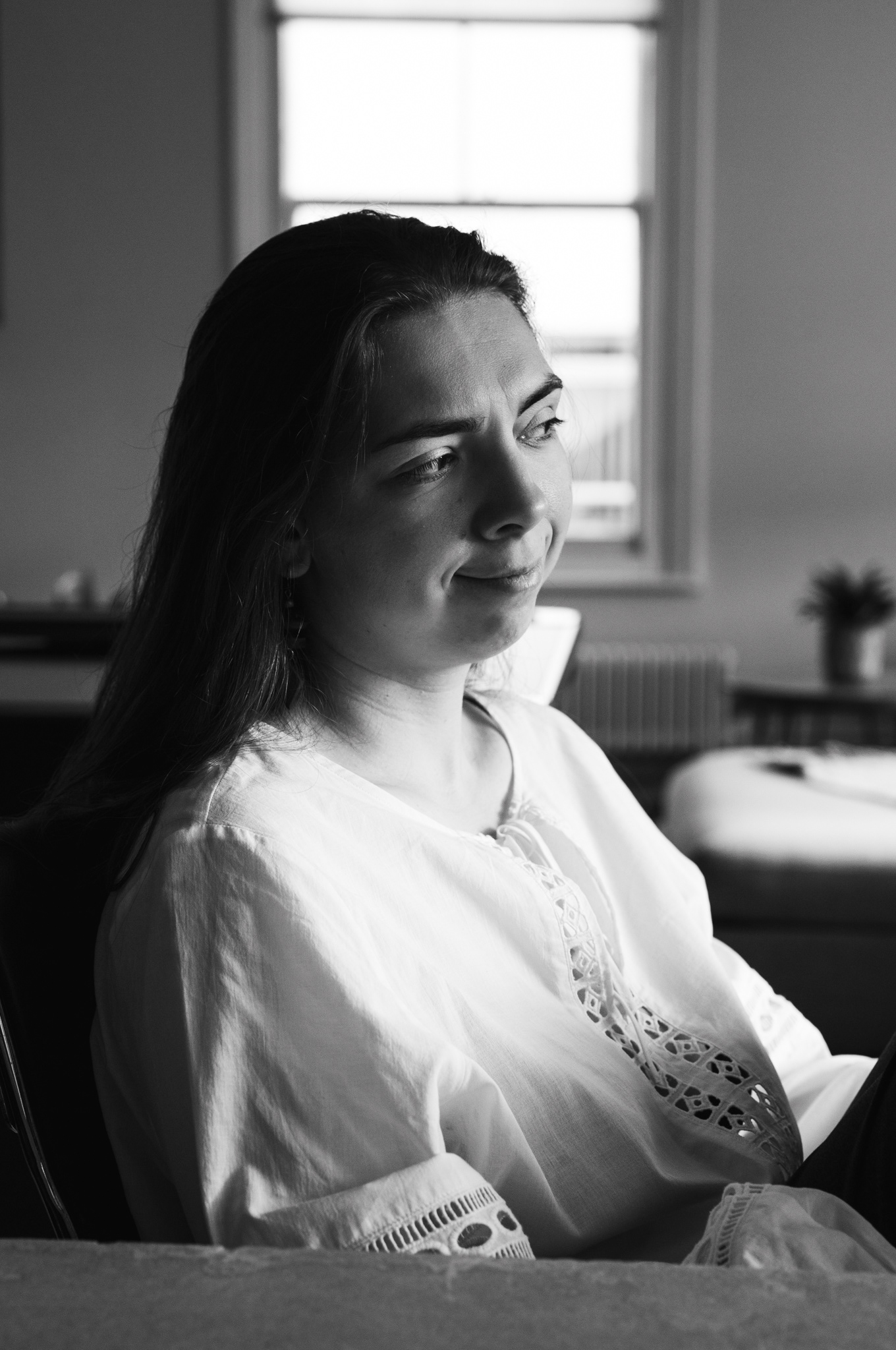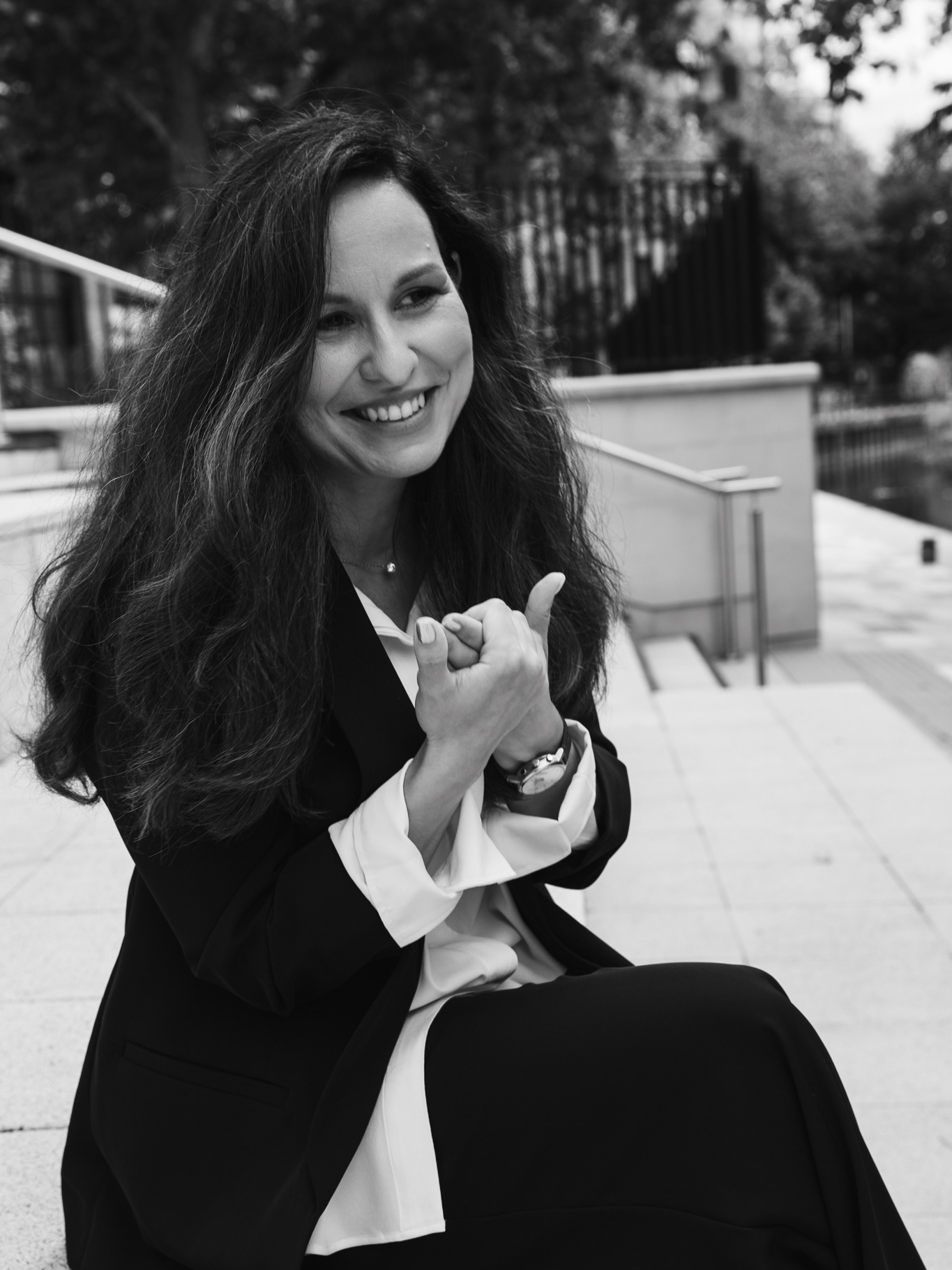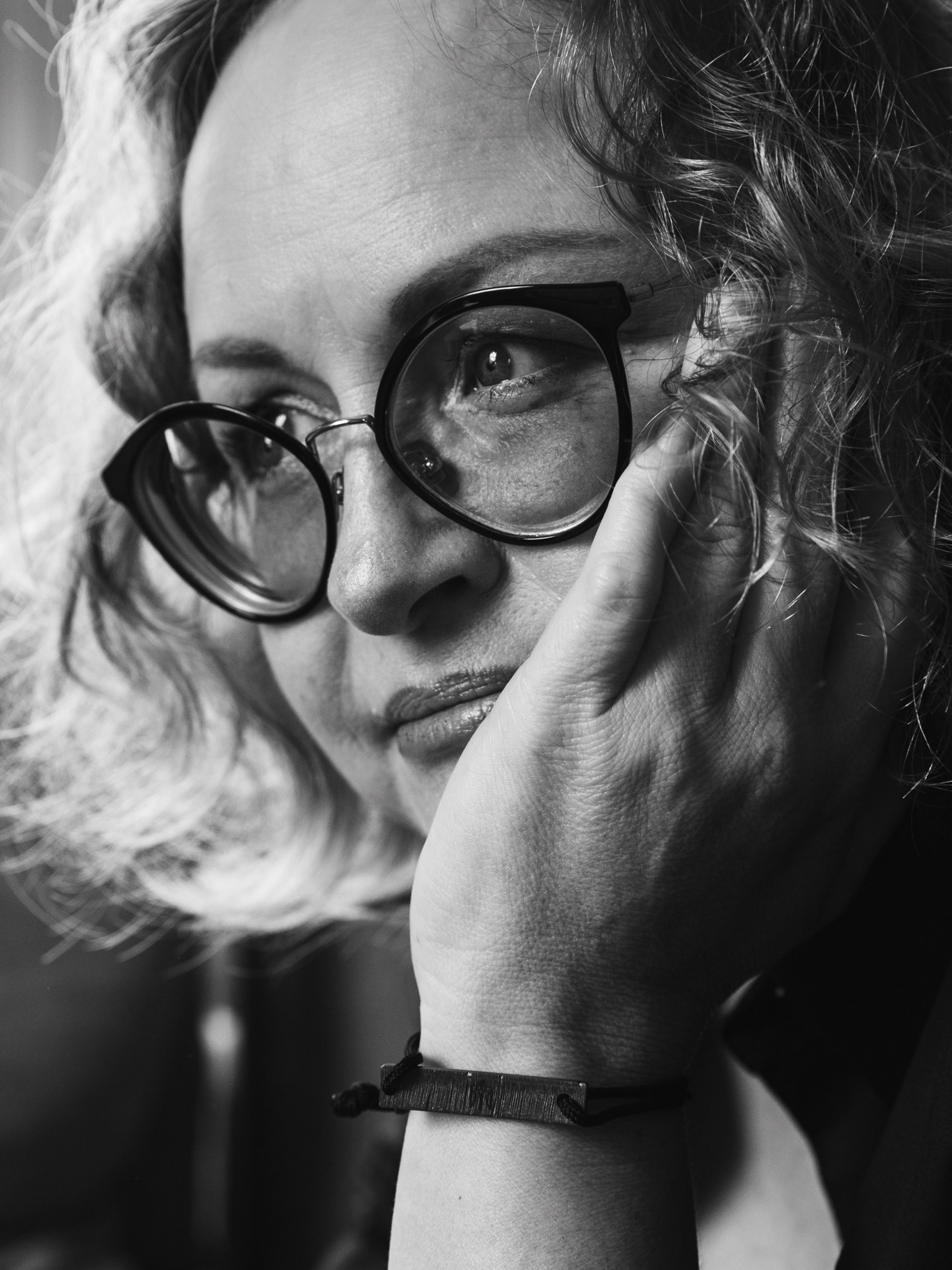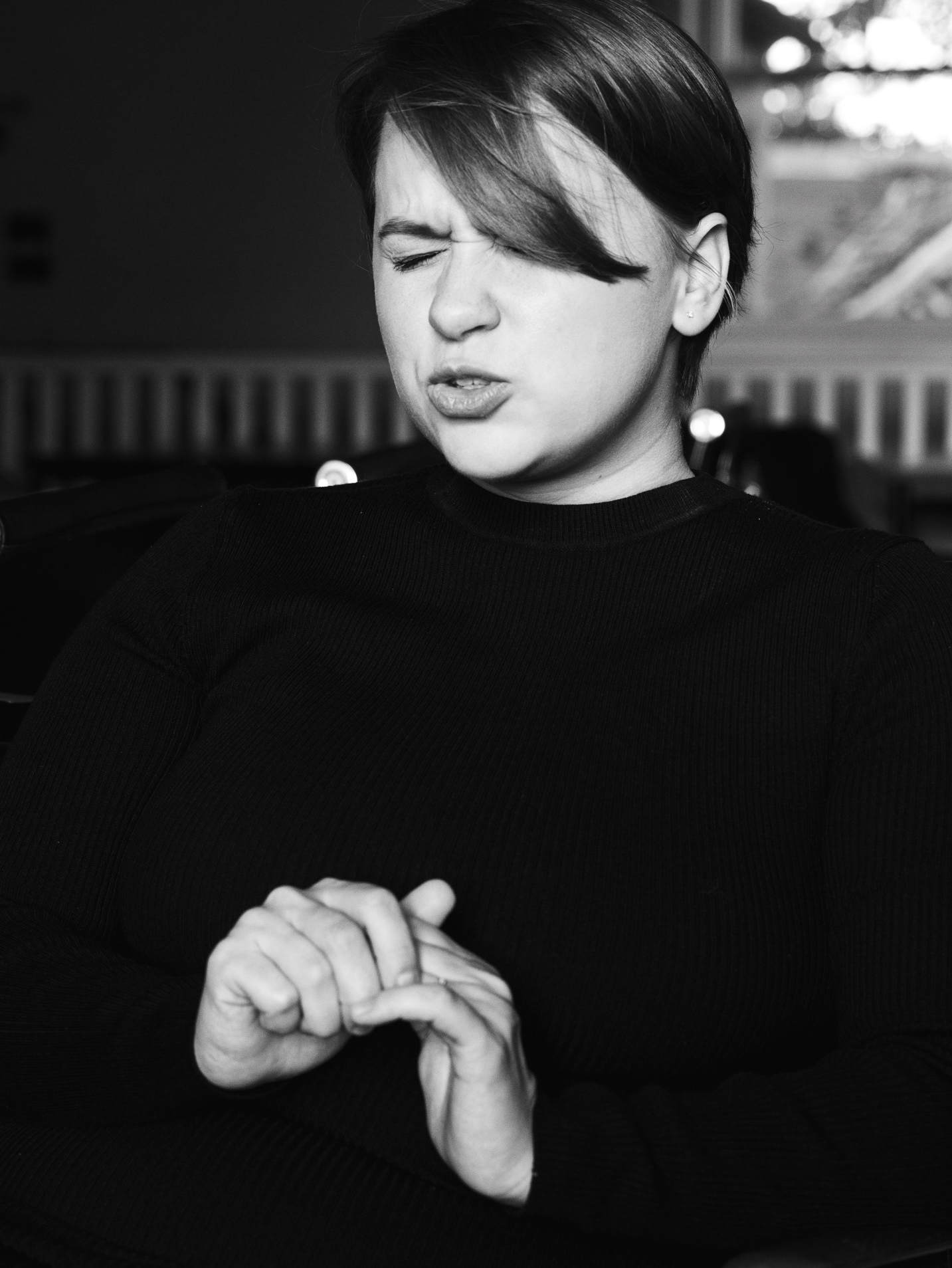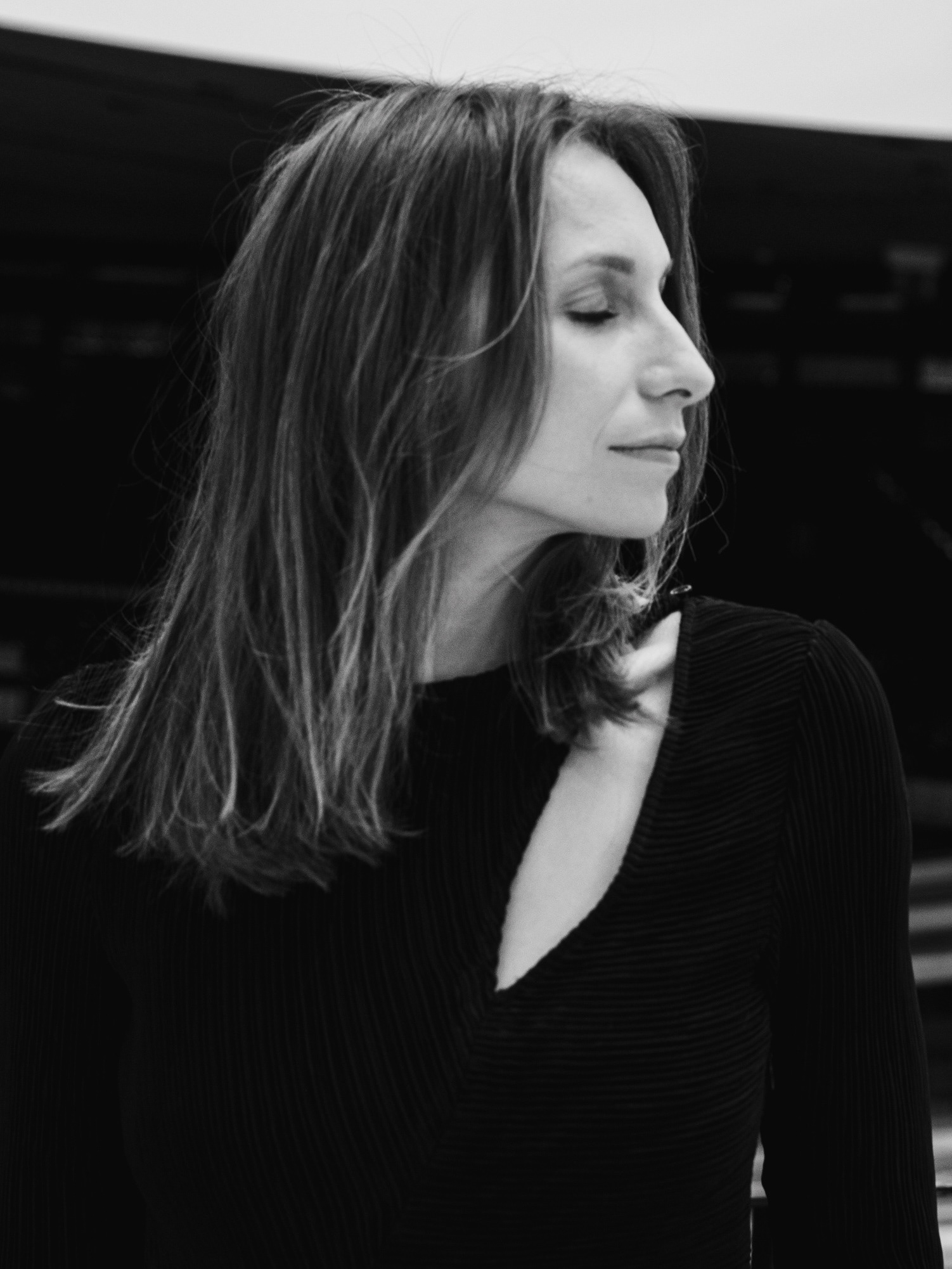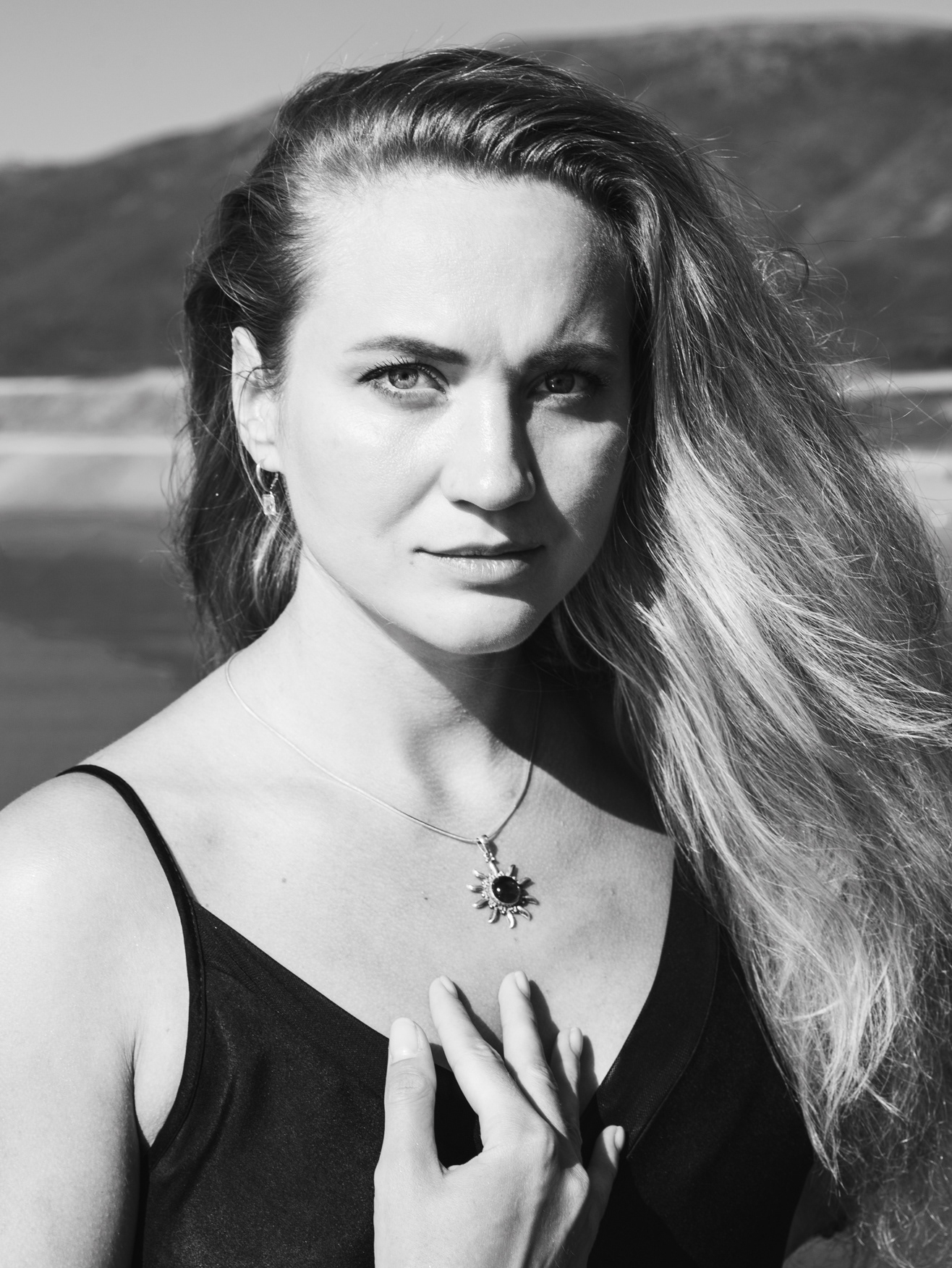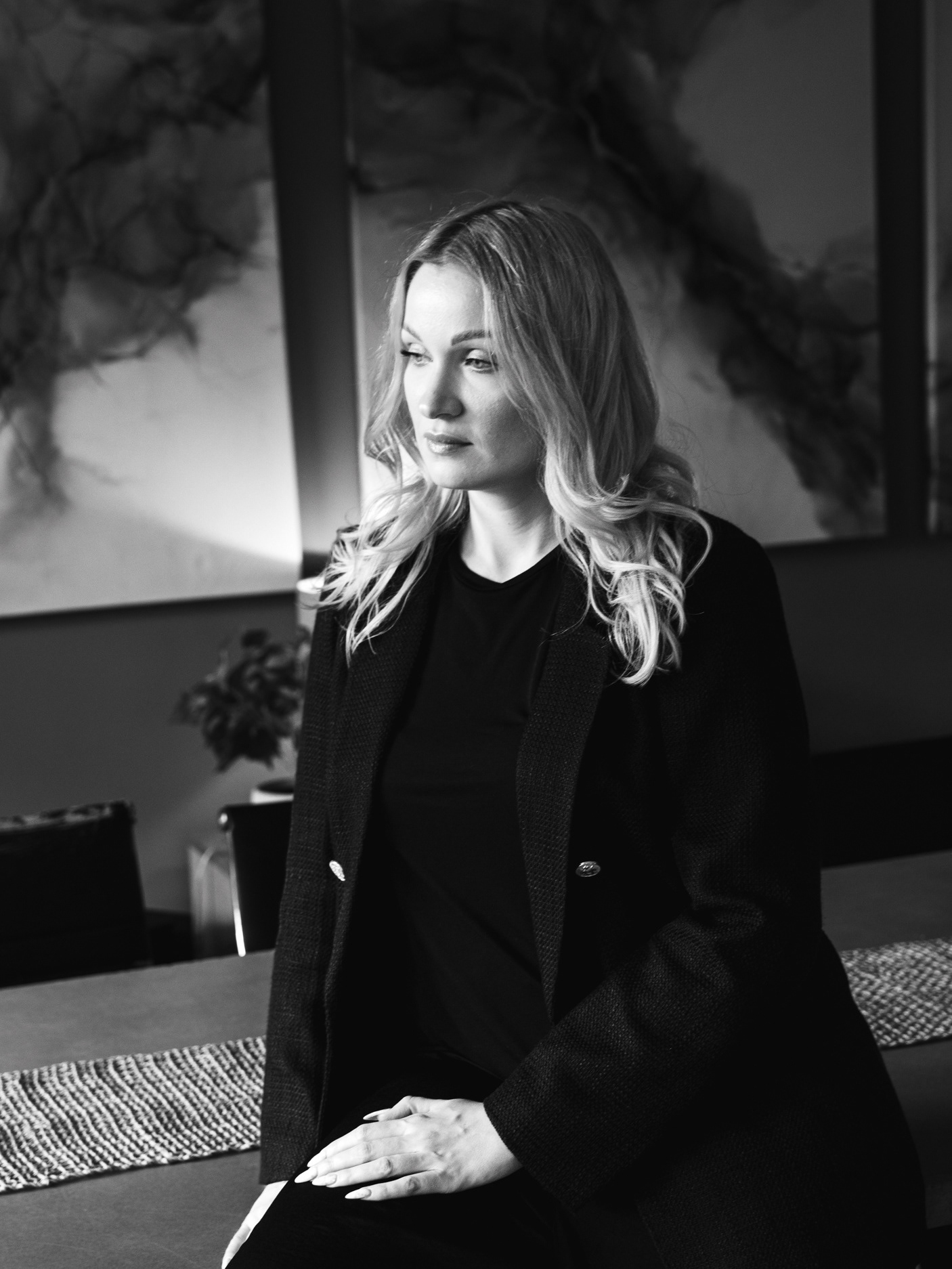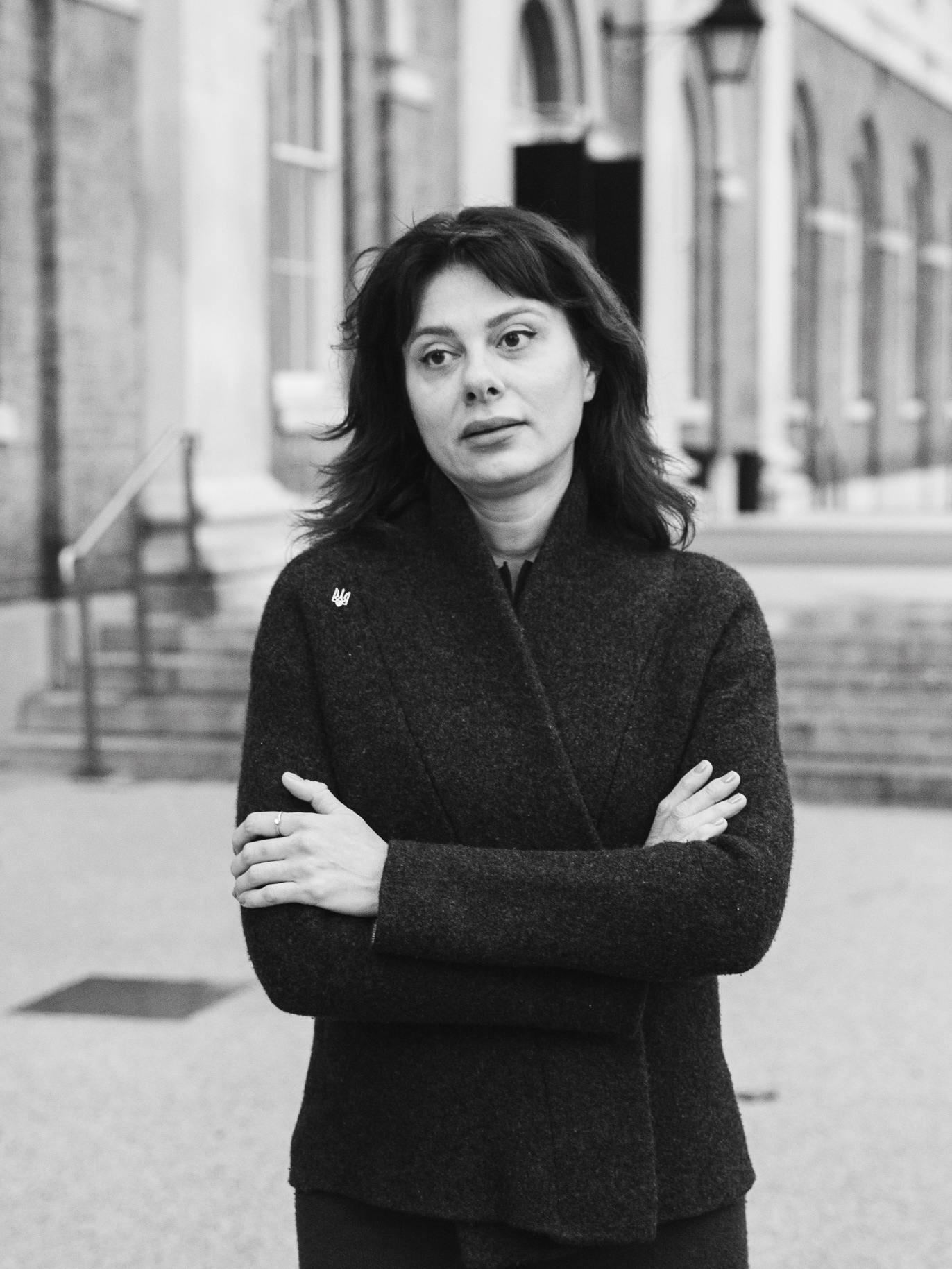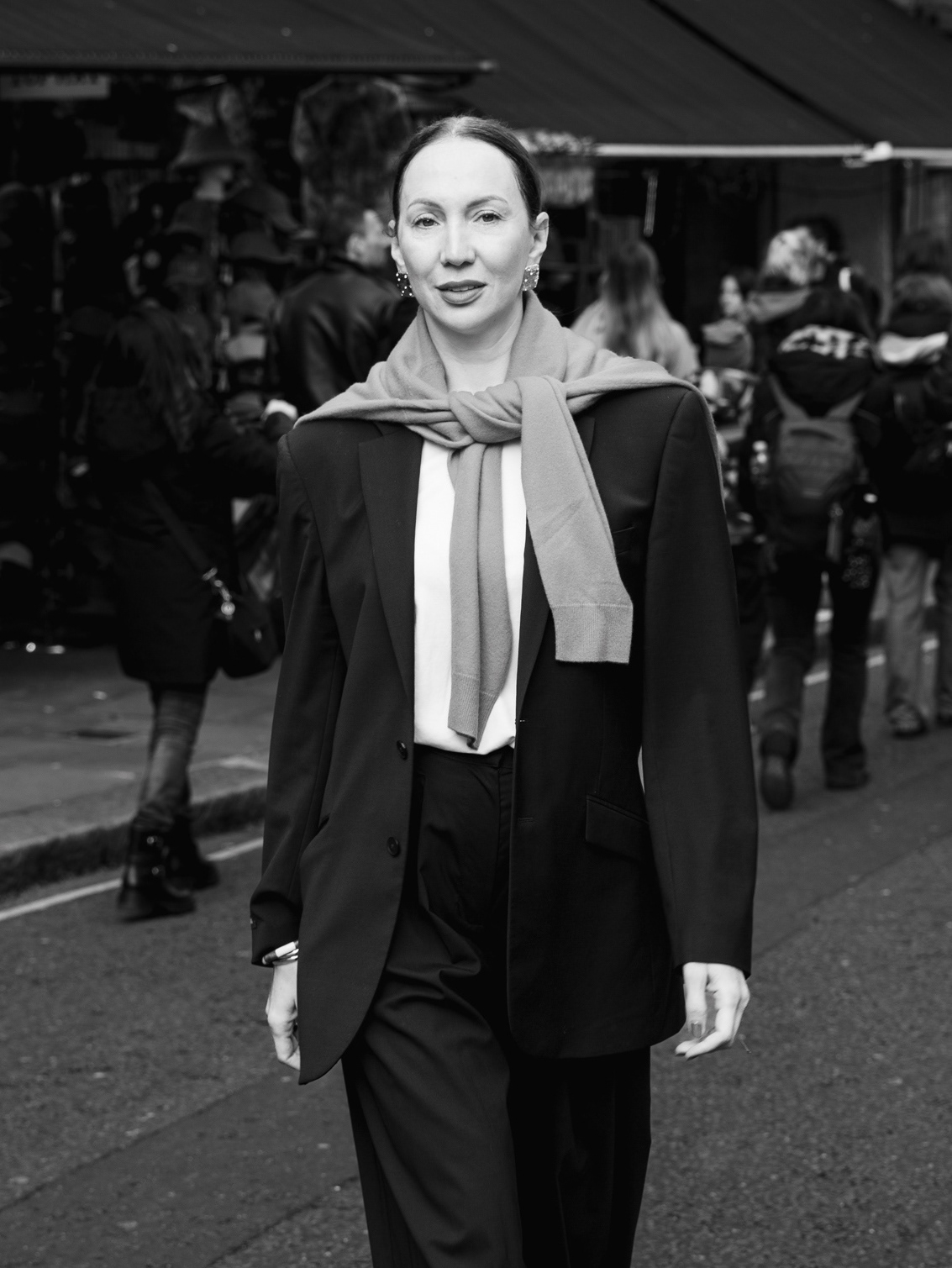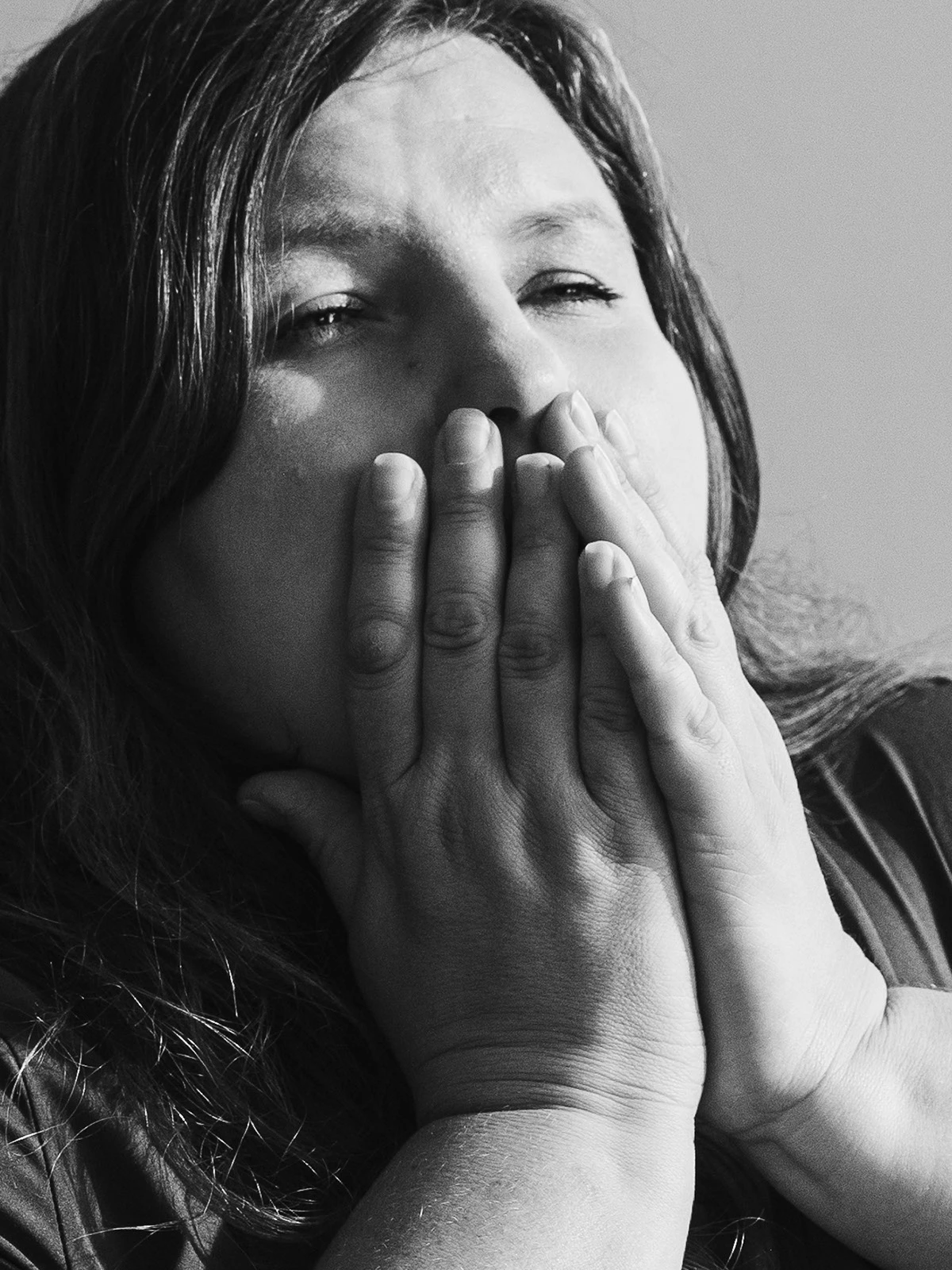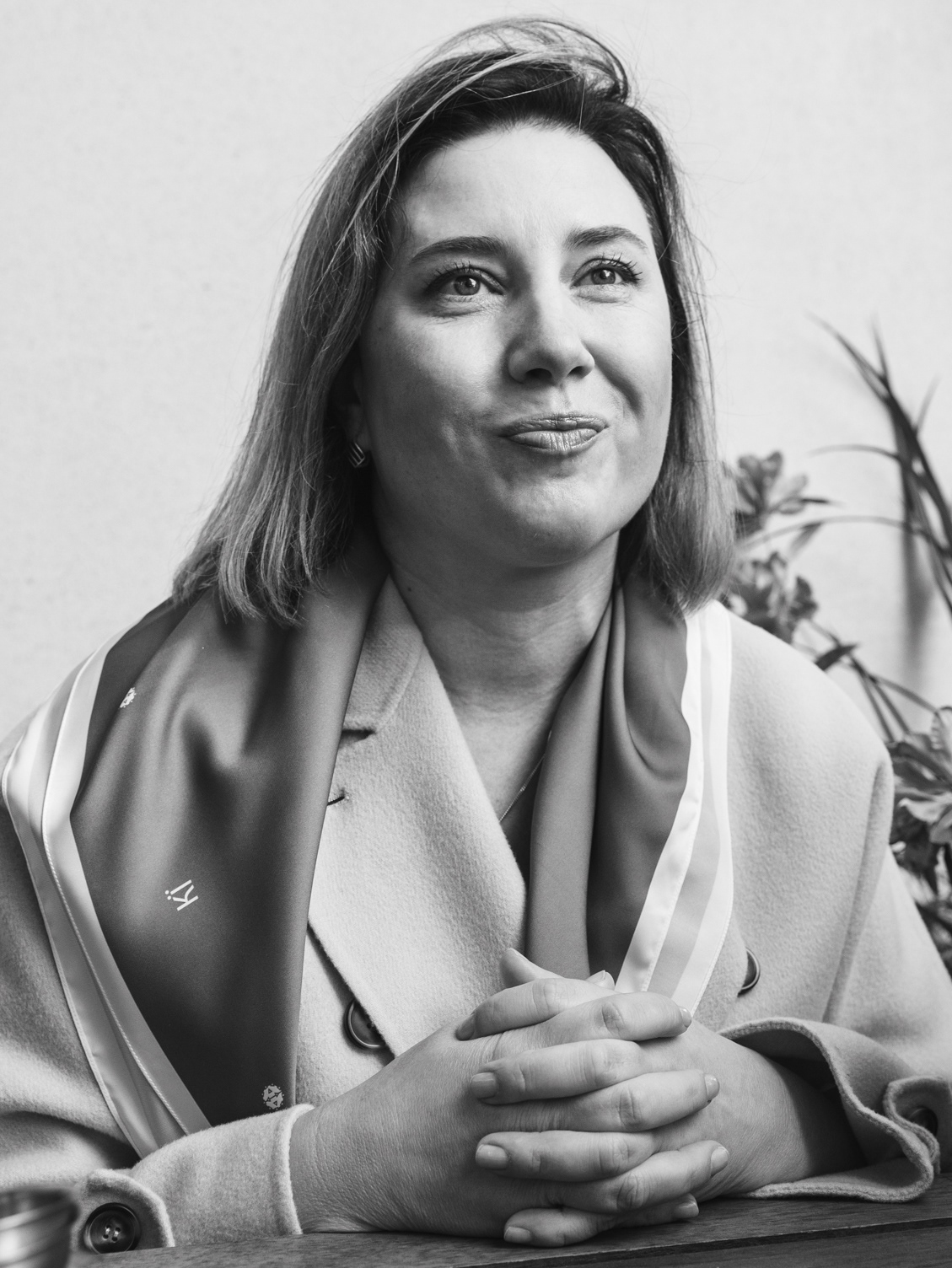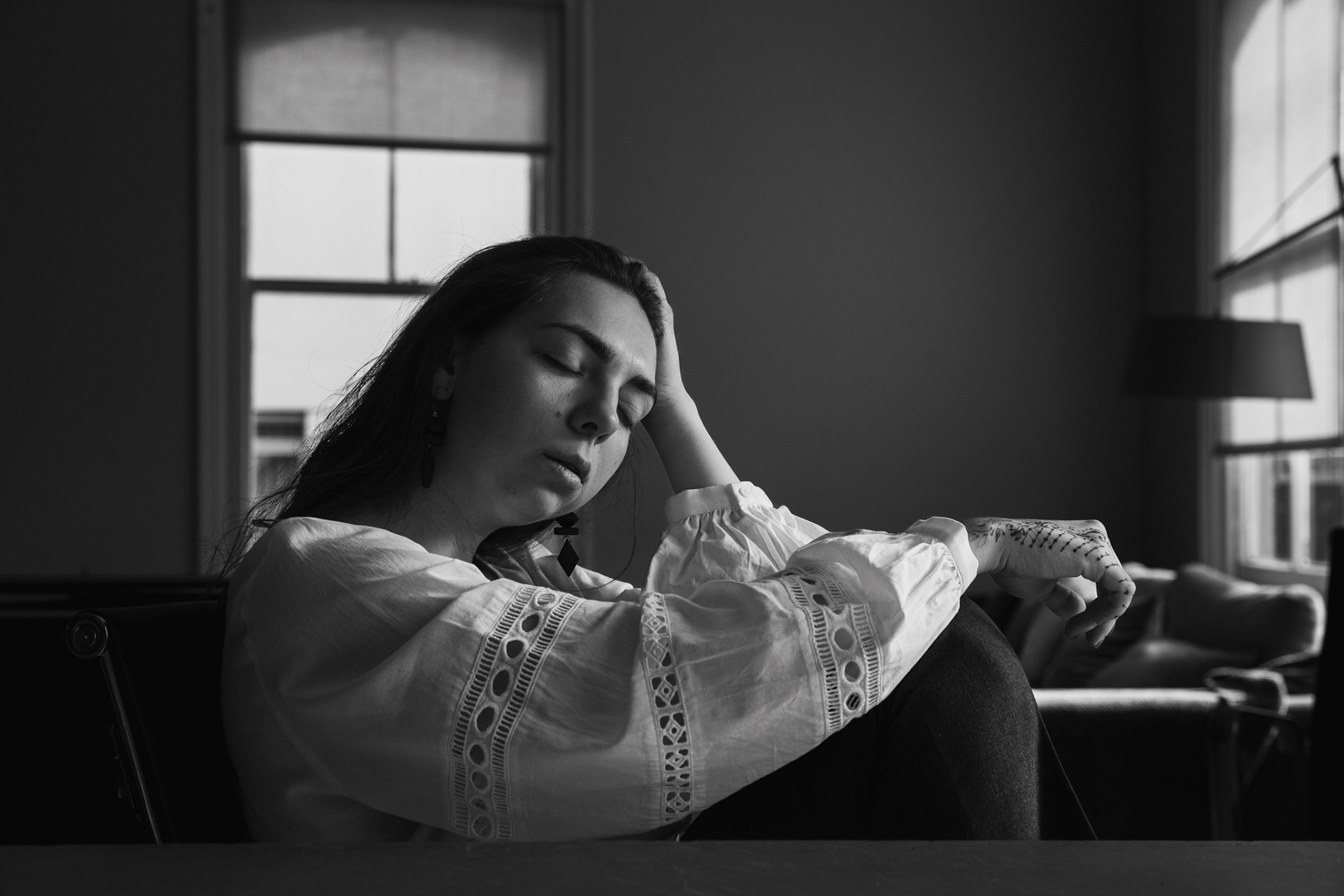
The Morning That Changed Everything
For Svitlana Zykova from Zhytomyr, as for millions of Ukrainians, the full-scale war began suddenly, in her sleep. A phone call woke her with the terrible news. "I didn't believe it, and my mom didn't either," she recalls of her initial reaction. At first, they decided to "do nothing, really," hoping it was a mistake. But soon, the reality of roaring planes and the sounds of explosions burst into their lives. Their usual routine turned into survival. Svitlana describes this time with bitter irony: "We started doing sports and running from the ninth floor to the first."
The first weeks passed in a state of shock and confusion. "It was very scary and completely incomprehensible. Why, how, where to go, what to do," she shares. Emotions took a backseat to basic instincts: "The survival instinct probably overrode most other emotions."
The turning point, which came in less than a month, was the day a Russian bomb hit a school in the city center, just a 15-minute walk from their home. Svitlana remembers it with horror: "It was just turned into mincemeat."
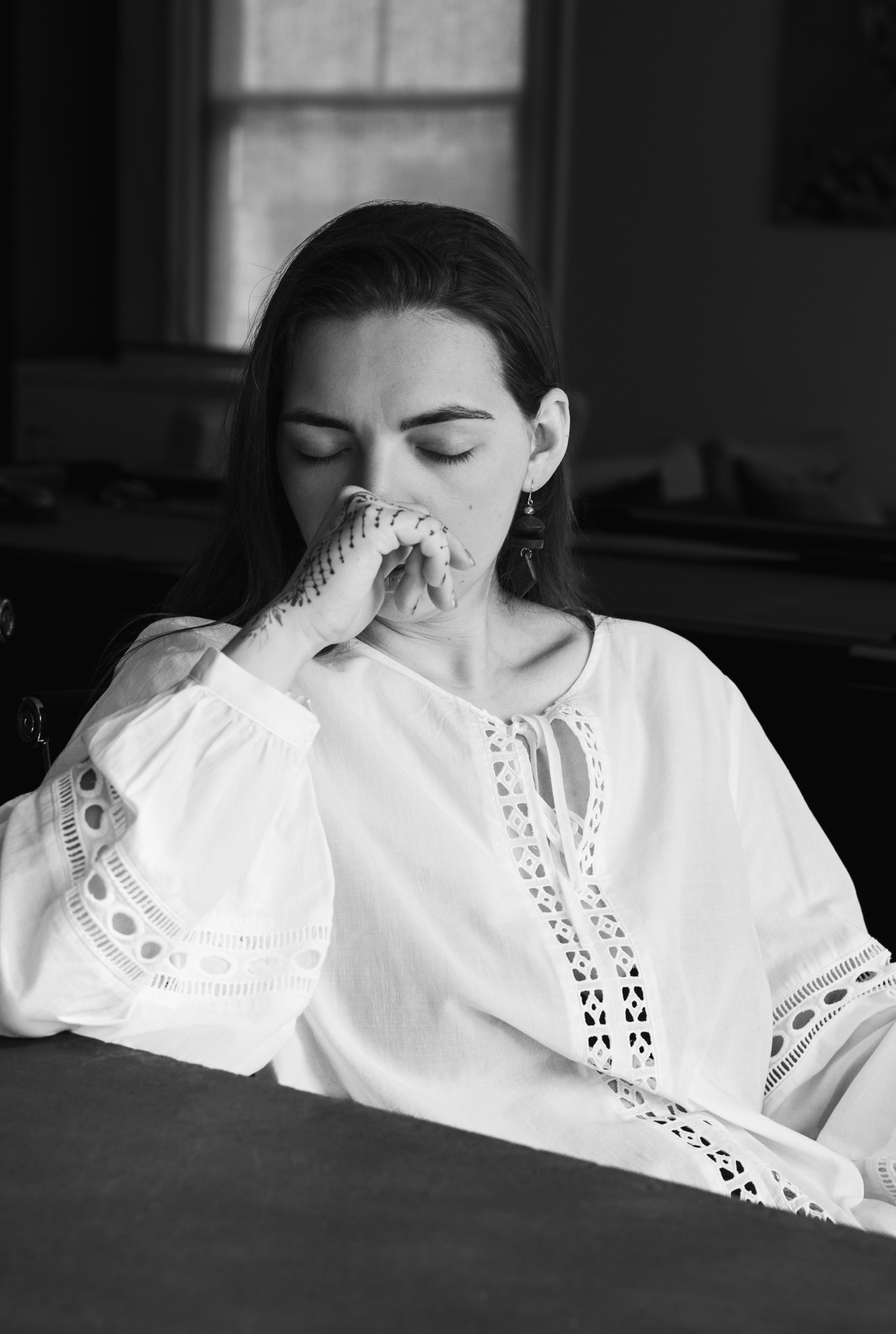
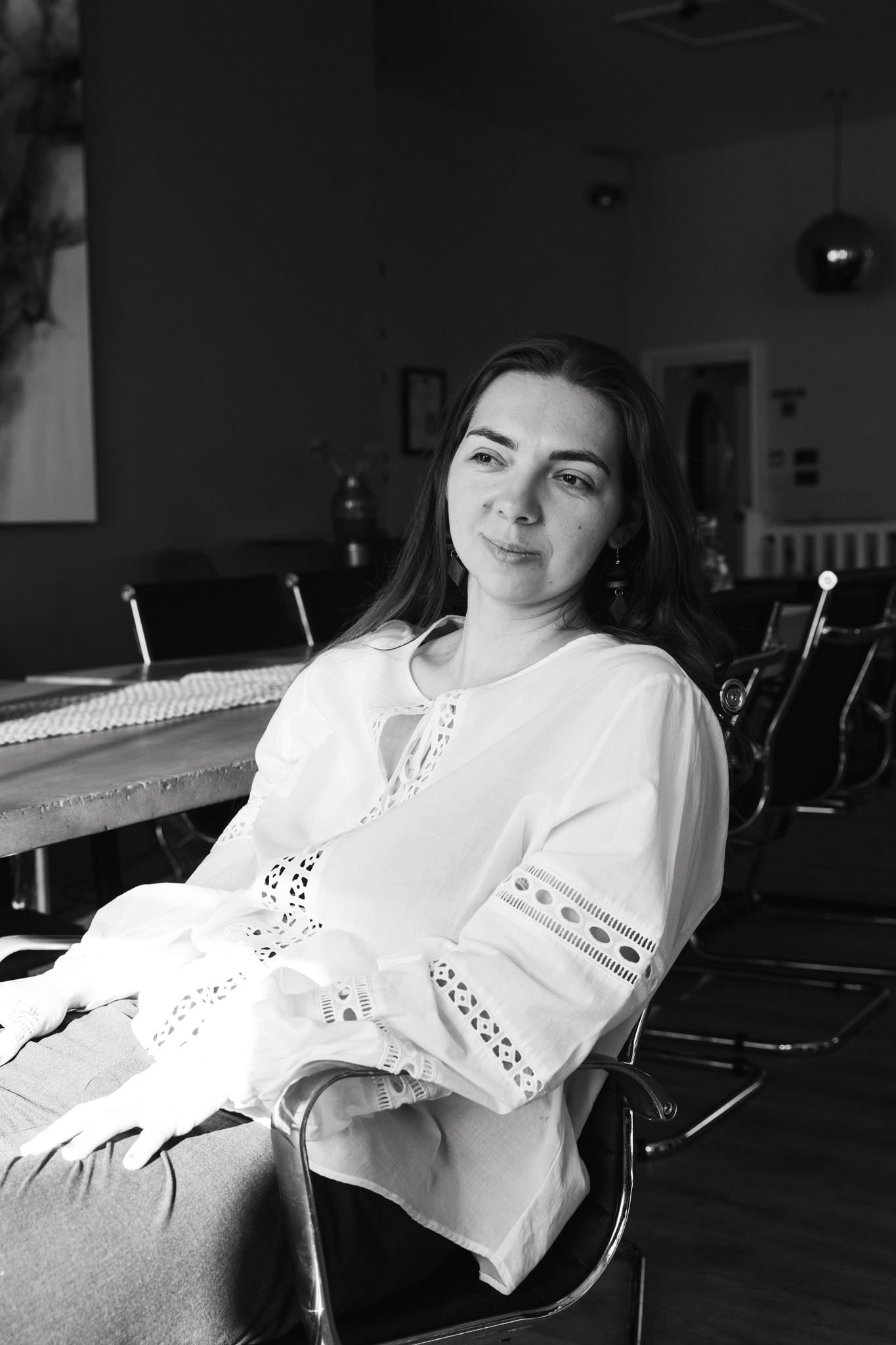
The Difficult Decision and Hasty Preparations
Initially, no one planned to leave. There was a prevailing hope that "this will be over in 2-3 weeks." However, the impetus for action came from a friend's story. Having heard about the atrocities and violence against women in Kherson, she made a firm decision. She told Svitlana: "Sveta, do what you want, but I'm leaving. My bus is the day after tomorrow. There are still seats, if you want, let's go."
The most difficult task was to convince her mother. At 54, she categorically refused, saying, "she had nowhere and no one to go to." The situation was complicated by a deep family trauma: just two weeks before the war, her grandmother had died, and the family was in "such a fun state" and a "stupor." In the end, Svitlana had to "force her mom." Her mother's friends also helped, calling and saying: "Go. Really, go, what is there for you to do here."
They packed in one night. In their haste, they tried to save the most valuable things: "Everything we could take, we crammed into one and a half suitcases. I put an electric scooter around my neck... We took the cat in our arms and left."
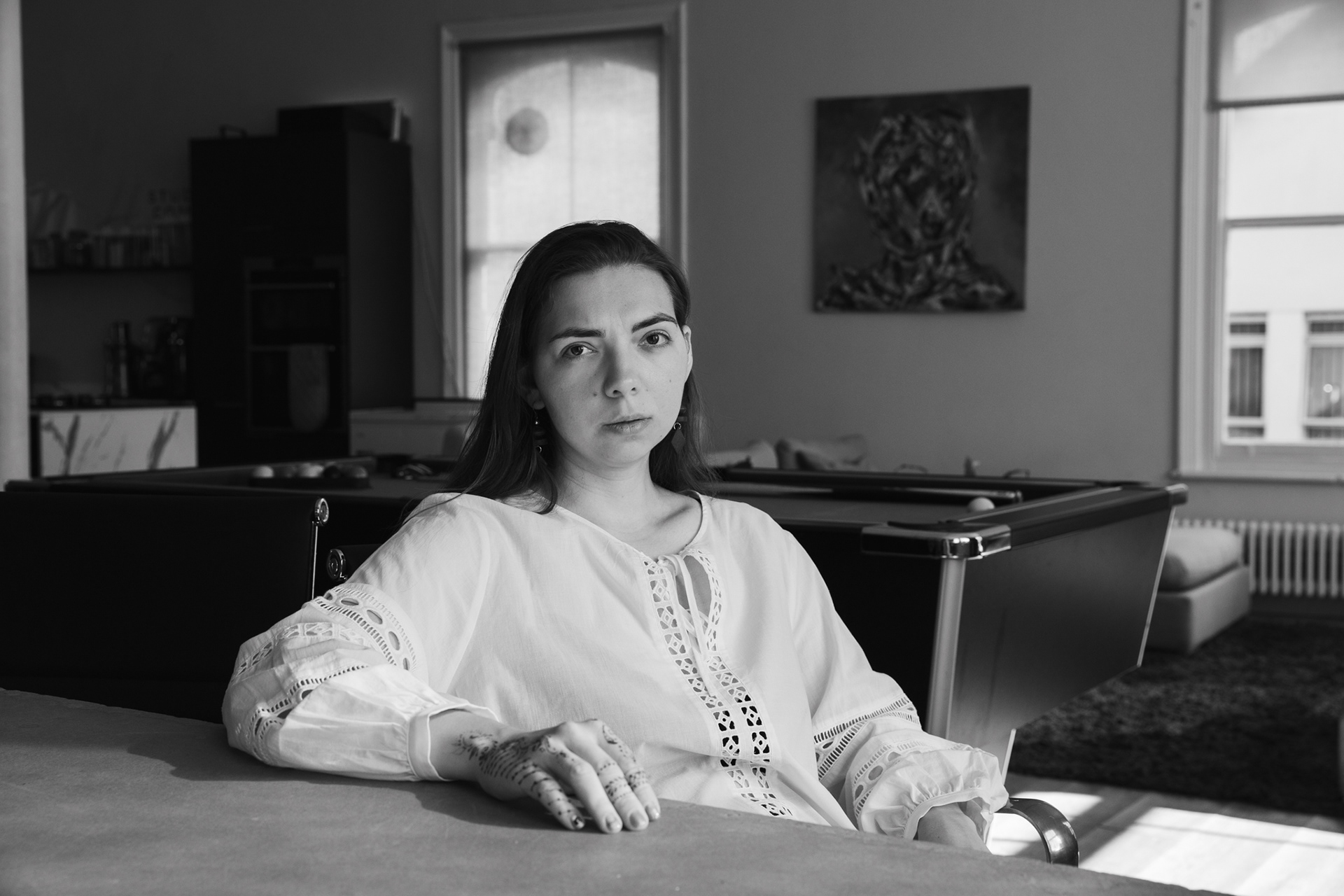
Poland. A Lie for Salvation and the Reality
The journey to Poland was fast. The bus driver, whom Svitlana calls "Schumacher," got them to the border in seven hours. "I convinced my mom that my friend's friend was picking us up." That was supposed to happen, but upon arrival in the other country, that girl's circumstances had changed, and they had to resort to a deception, saying nothing. The truth was revealed only on the spot. "My mom only found out later that it turned out we had no one to go to," Svitlana says, adding that "my mom was very disappointed and depressed and wanted to go back."
The first days in Poland were a harsh test. They spent three days in a huge sports hall, sleeping "on mattresses... near the toilet." "It was very cold there, it smelled bad, it was right in the draft between the entrance doors and the corridor," she recalls, which caused them to get "seriously ill."
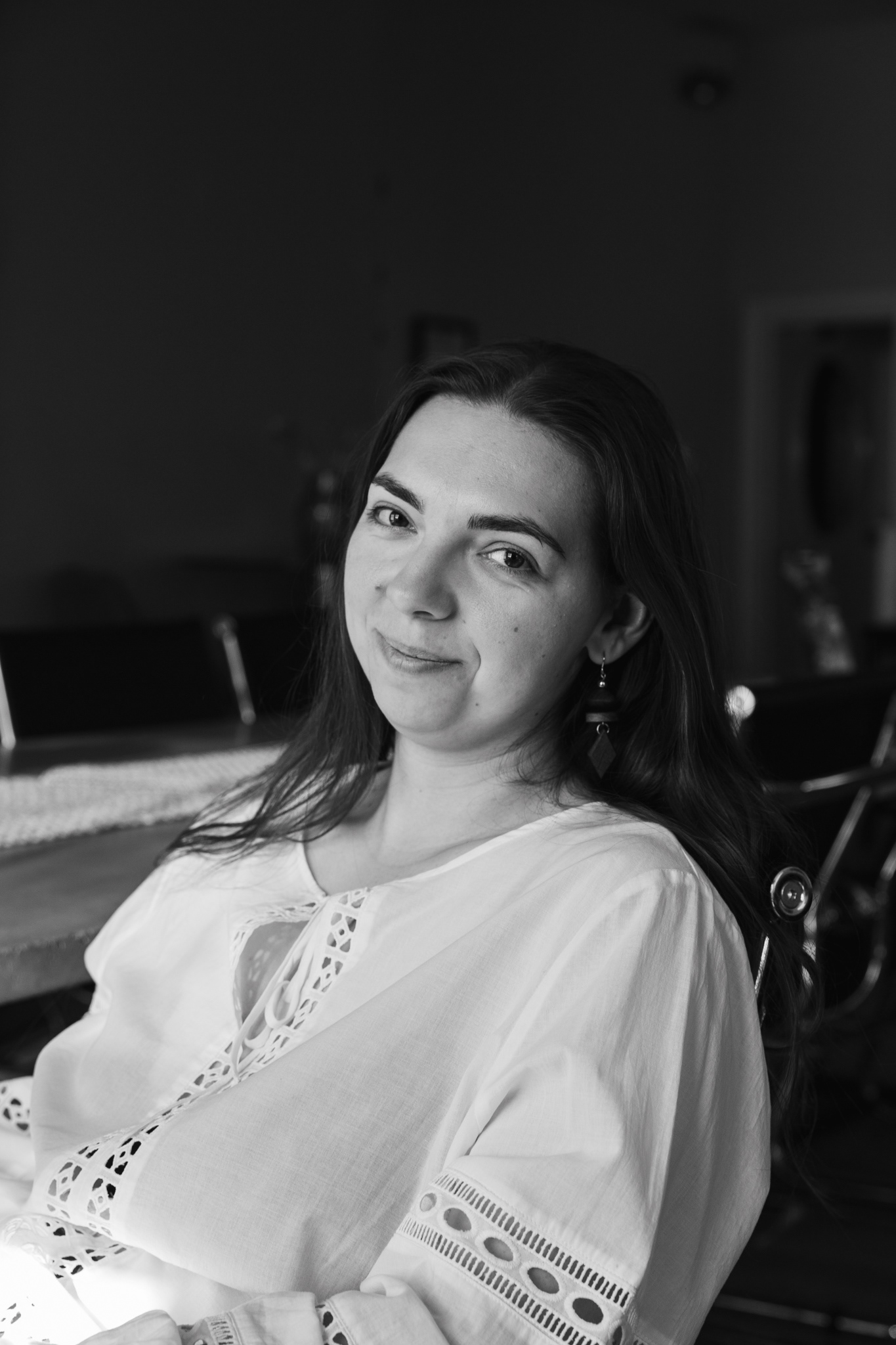

Warsaw, a Fish Factory, and a Kind Soul
In Warsaw, friends of friends sheltered them for a few days in a one-room apartment. Later, in search of work, they found themselves at a train station where volunteers were offering jobs at a fish factory. Svitlana rejected the offer in horror: "I can imagine I would still stink of fish to this day. And I don't even like cleaning fish. When I used to go to the market, I would run away from there immediately, thinking, no, no, this is never happening."
And then, chance intervened. An elderly Polish woman, who had herself survived World War II, offered them a place to stay. They lived with her for two months, although they initially thought it would only be for a few days. Svitlana recalls arriving at her place, already well-fed by her friends: "I arrived with such a full stomach of Polish cuisine. We still maintain a warm relationship. We recently sent her roses and chocolates for her birthday through a friend."
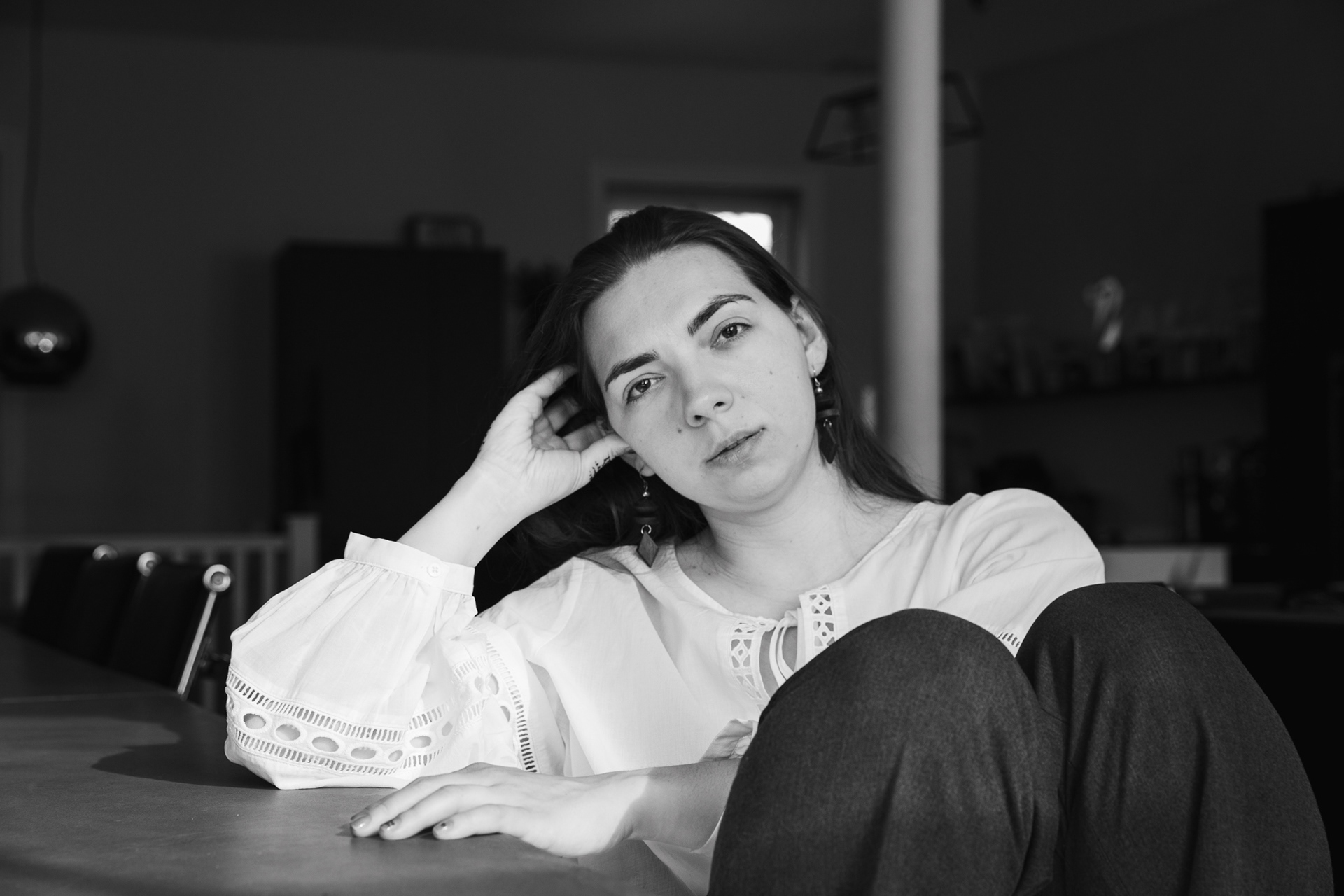
Adaptation in England and Creativity
Looking for new options, Svitlana decided to try moving to England on the advice of a man, as she wrote all her posts in a foreign language. "And I was like: goodness, why am I not taking the bull by the horns?" she recalls her reaction. She wrote a post on Facebook, and "We found help very quickly. Five families responded."
Upon arriving in England, we lived in a village. Moving to a quieter place after the loud explosions felt like paradise. Svitlana had one goal: "The most important thing for me was just to earn money, that's all. I hoped the war would end soon and I would go back. Nothing else interested me." Her sponsor advised her to get a job as a waitress to overcome her introversion, learn a new culture, and integrate into society. "I was very introverted back then, such a young flower." However, it was in such silence that poems were born - it was the only thing that saved her from boredom. "In total, I wrote three collections: 'Post-war', 'Warsaw Solos', and 'English Sheep'."
Later, a song was born: "I'm not a singer, but I tried to convey all my sorrow in that melody." An Englishman who has been involved in music for a long time helped me with the writing.
After some time, they moved to the city. Finding work there proved to be extremely difficult: "For half a year there was no work, it was just, I don't know, dead quiet." They managed to find a temporary job for a month, but that too ended in failure.
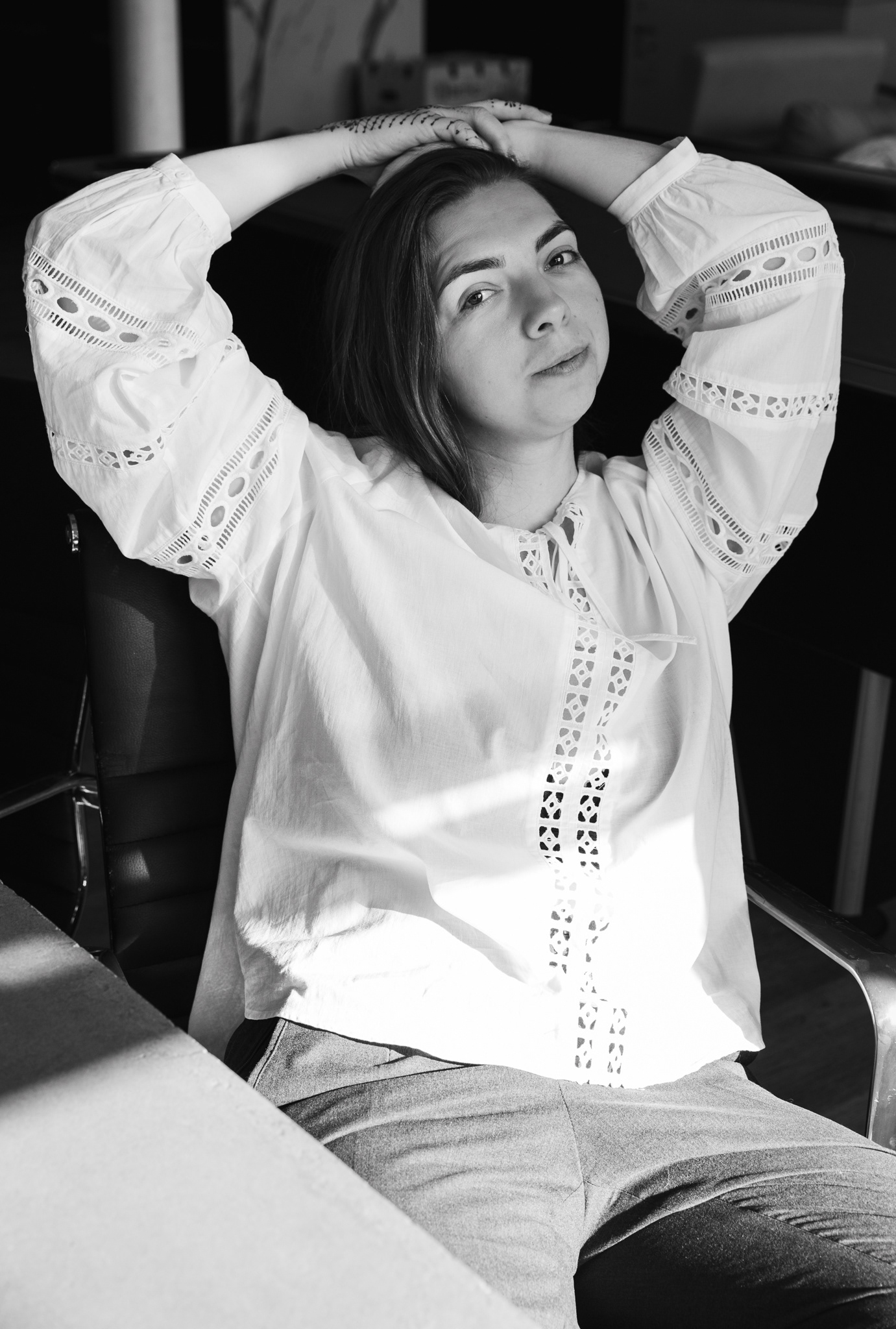
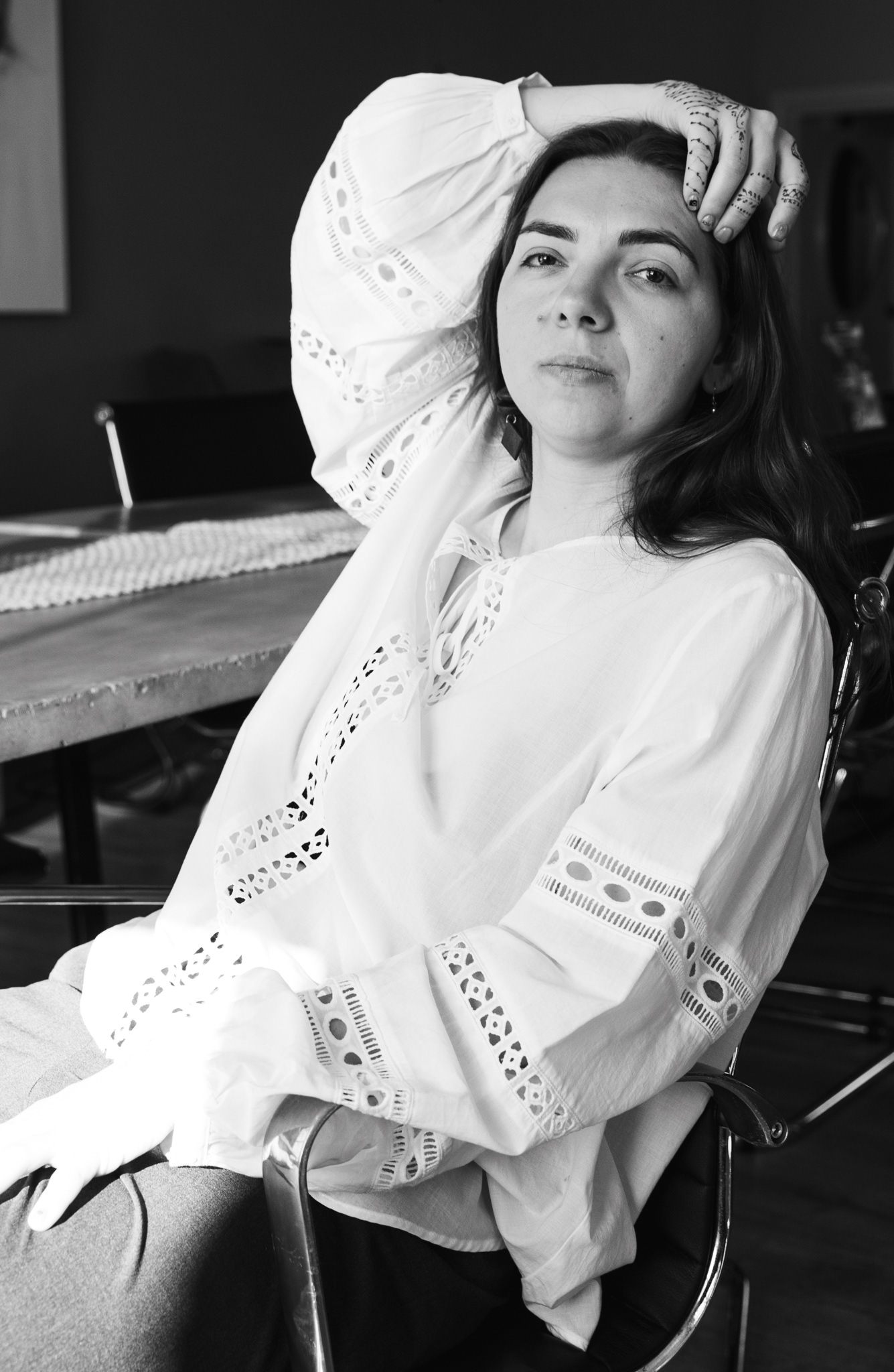
Work in the Social Sphere and Life Without a Car
After this, Svitlana went to Ukraine, and her mother, while walking the city streets, accidentally saw a sign for a job—in the social care sector. For almost a year, she helped elderly people: cleaning, changing diapers, and traveling to their homes.
The lack of a car made this work much more difficult. She states clearly: "I didn't have a car at all back then, and the clients didn't live close." This meant she had to cover all distances by bicycle, in any weather. She recalls this with characteristic sarcasm that highlights her endurance: "And in the winter, I just rode my bike in this rain, drenched to the bone, up all these, in short, hills and dales, and when you remember it, you think, what a thrill."
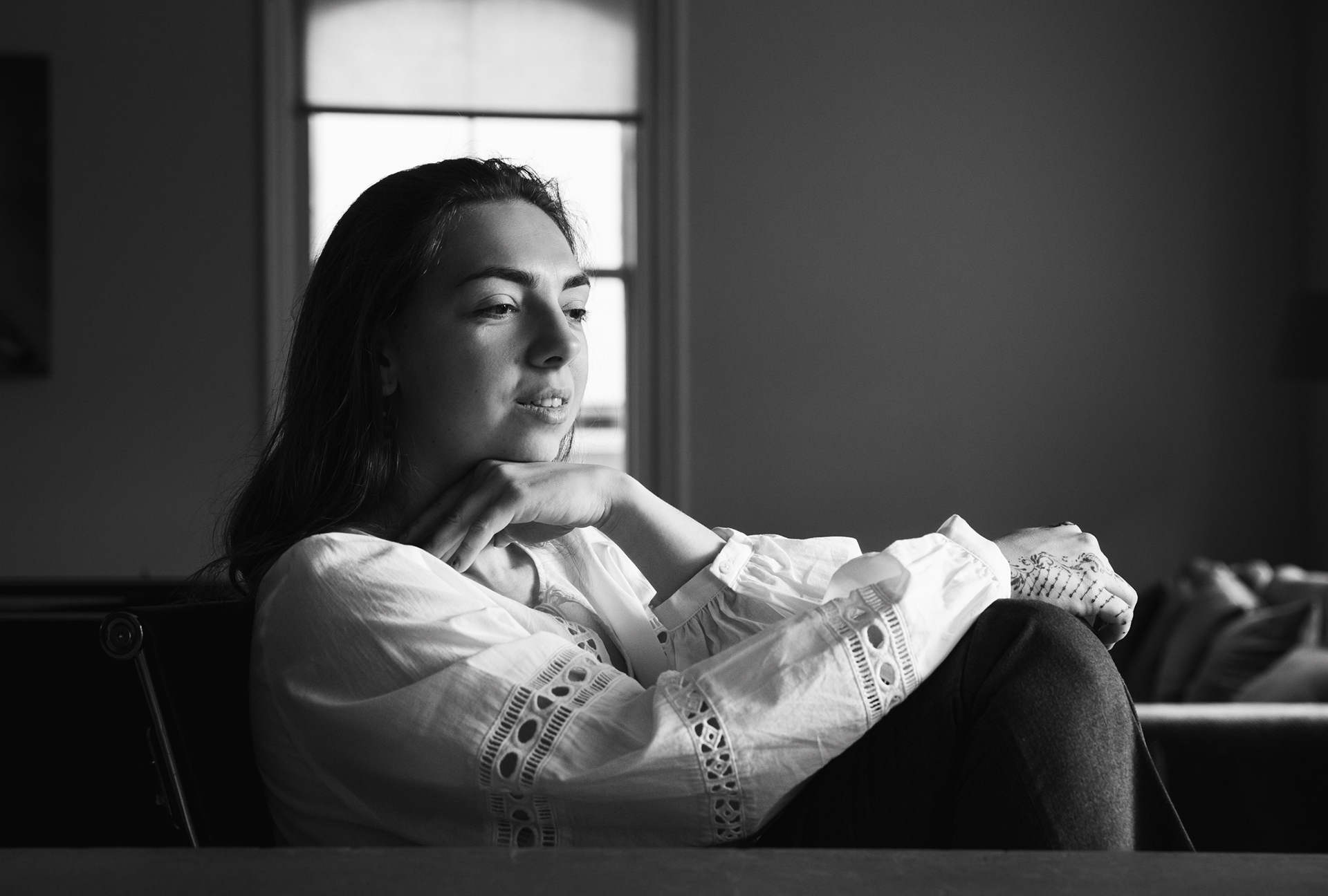
University Admission and the Philosophy of Grades
Eventually, Svitlana decided to continue her studies and enrolled in the University for the Creative Arts for "filmmaking." The admission process was not easy: the websites of other universities she applied to had technical problems, and in response, she only heard: "we don't know, everything is working." One university initially accepted her, "I almost had it made," and then rejected her due to a supposed lack of points.
Today, she believes it is better to "just be self-taught" than to pay huge amounts of money for an education. "I like to invest in myself and see the result, rather than just waiting around for something to happen." She does not strive for high grades: "For me, in fact, a higher grade doesn't play a role. I never tried to be an excellent student and justify someone's expectations." Her priorities are clear: "The only numbers that worry me are in my bank account." Already having one "red diploma from music college, which... was of no use anywhere," she sees no point in fighting for another. "Sometimes I want to be that hero from the book 'The Monk Who Sold His Ferrari'."
"Knowledge is what you get from life; grades are how people want to hang certain labels on you, expecting confirmation of their demands concerning you."
